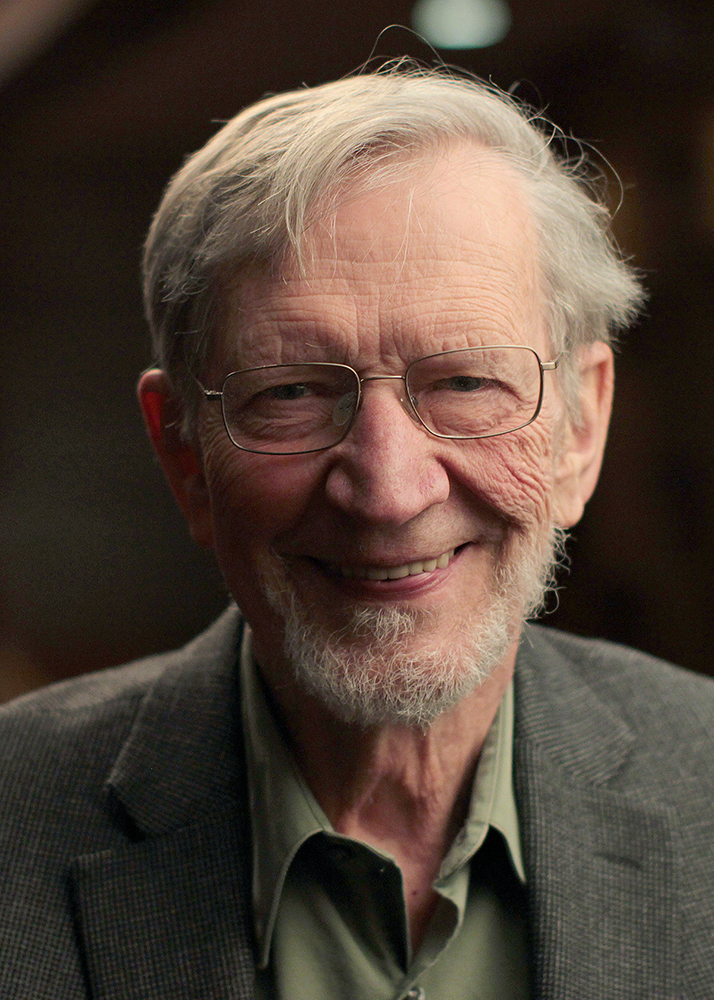
Plantinga-SFT
A Lightweight Language Model
Model Description 📝
Plantinga-SFT is a fine-tuned version of Qwen2.5-1.5B-Instruct, trained specifically on philosophical texts. The model specializes in understanding and generating responses related to complex philosophical concepts, arguments, and debates. It provides accurate explanations, thoughtful analyses, and context-aware answers for philosophical questions, including topics in metaphysics, epistemology, ethics, and the philosophy of mind.
Key Features ✨
- Architecture: Transformer-based language model 🏗️
- Training Data: Philosophy-focused dataset covering multiple branches of philosophy and structured philosophical Q&A. 📚
- Developed by: Rustam Shiriyev
- Language(s): English
- License: apache-2.0
- Fine-Tuning Method: Supervised Fine-Tuning (SFT) with LoRA adapters
- Domain: Philosophy
- Finetuned from model: unsloth/Qwen2.5-1.5B-Instruct
- Model name: The model’s name was inspired by Alvin Plantinga, one of the most influential philosophers of the 21st century.
Intended Use
- Generating clear and concise explanations of philosophical concepts. 🏆
- Providing structured responses to philosophical questions. 🎯
- Assisting students, researchers, and enthusiasts in exploring philosophical arguments.⚡
Limitations ⚠️
- While fine-tuned on philosophy, the model may still occasionally generate hallucinations or less precise interpretations of highly nuanced philosophical arguments.
- The model does not replace expert human philosophical judgment.
How to Get Started with the Model 💻
from huggingface_hub import login
from transformers import AutoTokenizer, AutoModelForCausalLM
from peft import PeftModel
login(token="")
tokenizer = AutoTokenizer.from_pretrained("unsloth/Qwen2.5-1.5B-Instruct",)
base_model = AutoModelForCausalLM.from_pretrained(
"unsloth/Qwen2.5-1.5B-Instruct",
device_map={"": 0}, token=""
)
model = PeftModel.from_pretrained(base_model,"Rustamshry/Plantinga-SFT")
question = """
What is the conflict with Leibniz's Law when considering temporary identity in diachronic identity puzzles?
"""
system = "You are an expert in philosophy."
messages = [
{"role" : "system", "content" : system},
{"role" : "user", "content" : question}
]
text = tokenizer.apply_chat_template(
messages,
tokenize = False,
add_generation_prompt = True, # Must add for generation
)
from transformers import TextStreamer
_ = model.generate(
**tokenizer(text, return_tensors = "pt").to("cuda"),
max_new_tokens = 400,
#temperature = 0.5,
#top_p = 0.9,
#top_k = 20,
streamer = TextStreamer(tokenizer, skip_prompt = True),
)
- PEFT 0.17.0
- Downloads last month
- 46
Inference Providers
NEW
This model isn't deployed by any Inference Provider.
🙋
Ask for provider support
Model tree for Rustamshry/Plantinga-SFT
Base model
Qwen/Qwen2.5-1.5B
Finetuned
Qwen/Qwen2.5-1.5B-Instruct
Finetuned
unsloth/Qwen2.5-1.5B-Instruct